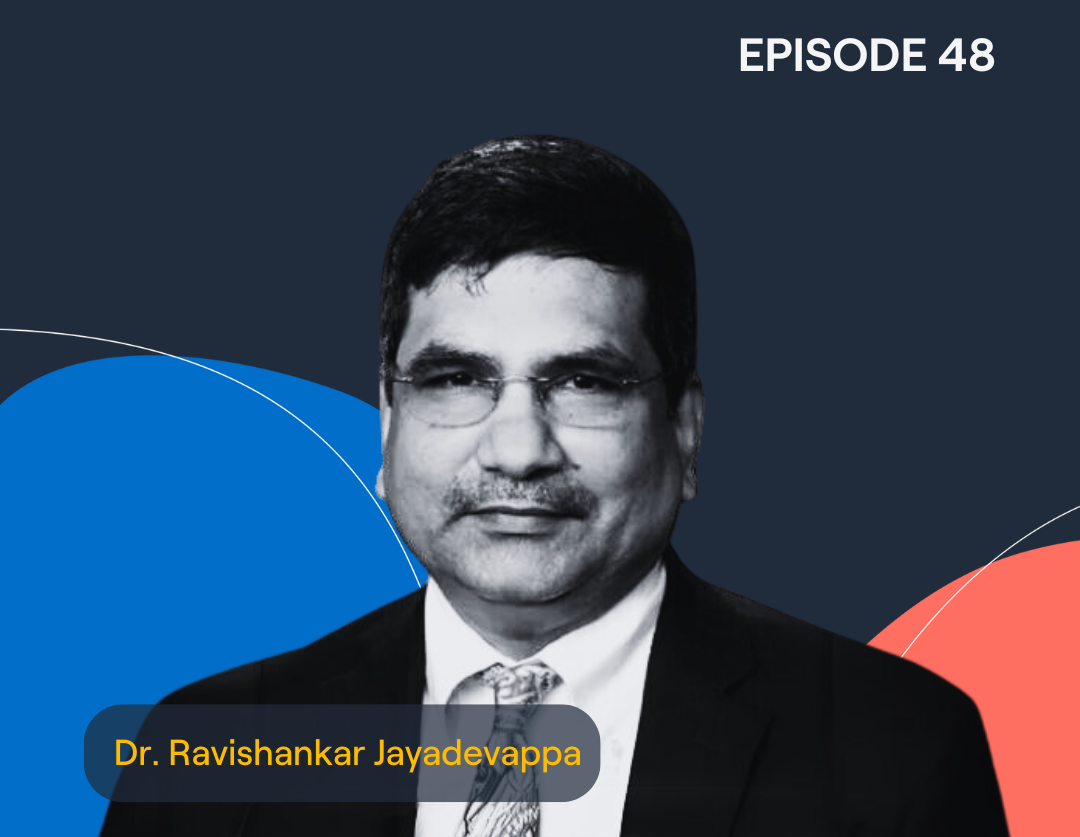This episode was supported by the Patient-Centered Outcomes Research Institute (PCORI) and features this study by Dr. Jayadevappa.
And don't miss our podcast club with Zero Prostate Cancer below!
About our guest
Dr. Ravishankar Jayadevappa, Ph.D., is an Associate Professor at the Perelman School of Medicine, University of Pennsylvania. He is also affiliated with the Abramson Cancer Center, the Leonard Davis Institute of Health Economics, and the Institute of Aging. Additionally, he holds a position as a Core Investigator at the Center for Health Equity Research and Policy at the Philadelphia VA Medical Center. Dr. Jayadevappa's research aims to analyze the tradeoff between economic efficiency, equity, and quality, particularly in addressing health disparities based on race, ethnicity, income, and age.
He has secured over $20 million in federal, non-federal, and industry-sponsored grants, leading numerous projects related to chronic diseases such as prostate cancer, bladder cancer, obesity, breast cancer, and Alzheimer's. With over 150 peer-reviewed papers and abstracts, Dr. Jayadevappa has made significant contributions to the oncology field and serves as an editor for several medical journals. He is an active member of various national and local organizations, including the American Society of Clinical Oncology, the American Urological Association, and others. Additionally, he participates in expert review committees for institutions such as the NIH, AHRQ, PCORI, DOD, and the Denmark Cancer Society.
Key Moments
21 minutes:
“...our hypothesis asked: is it true for African American patients, if they go to high volume physicians, is their quality of care naturally improved? But we found out that's not true… Then our next series of studies looked at the continuity of care. For instance, fragmented care, when they are in and out of the insurance plans or the healthcare providers. So that may be the reason…. And both recent papers concluded that lack of continuity of care was one of the driving forces of disparity in observed outcomes for African American patients.”
35 minutes:
“So one of the things that we have observed for the last several years of our study is that African Americans continue to receive less surgery… through our PCORI study we had focus groups and one-on-one conversation with patients, we learned that the information they are getting through their community or peers or friends or their family members is maybe biased. That's one of the reasons. This is our hypothesis… That's why they end up receiving radiation therapy compared to surgery. So to rectify that and also to help them strengthen their shared decision-making tool, we educate them to build their understanding of what their preferences are, what they want to maximize in terms of quality of life attributes.”
42 minutes:
“And one important aspect is shared decision making through the preference assessment. Numerous decision aid tools are there, but the decision aid tools that incorporate preference assessment help patients to identify their values.”
YouTube Timeline:
0:00-3:20 - About Dr. Jayadevappa
3:21-16:37 - The Three Domains of Healthcare
16:38-19:47 Stumbling Upon Racial Disparities in Healthcare Research
19:48-30:54 Factors Associated with Racial Disparities
30:55-42:03 Intervention to Improve Equity
42:04-47:59 Summarizing Decades of Research
YouTube Tags: prostate cancer, racial disparities, healthcare, Manta Cares, health economics, patient-centered, care, patient advocacy in healthcare, economics, informed consent, informed consent in healthcare




